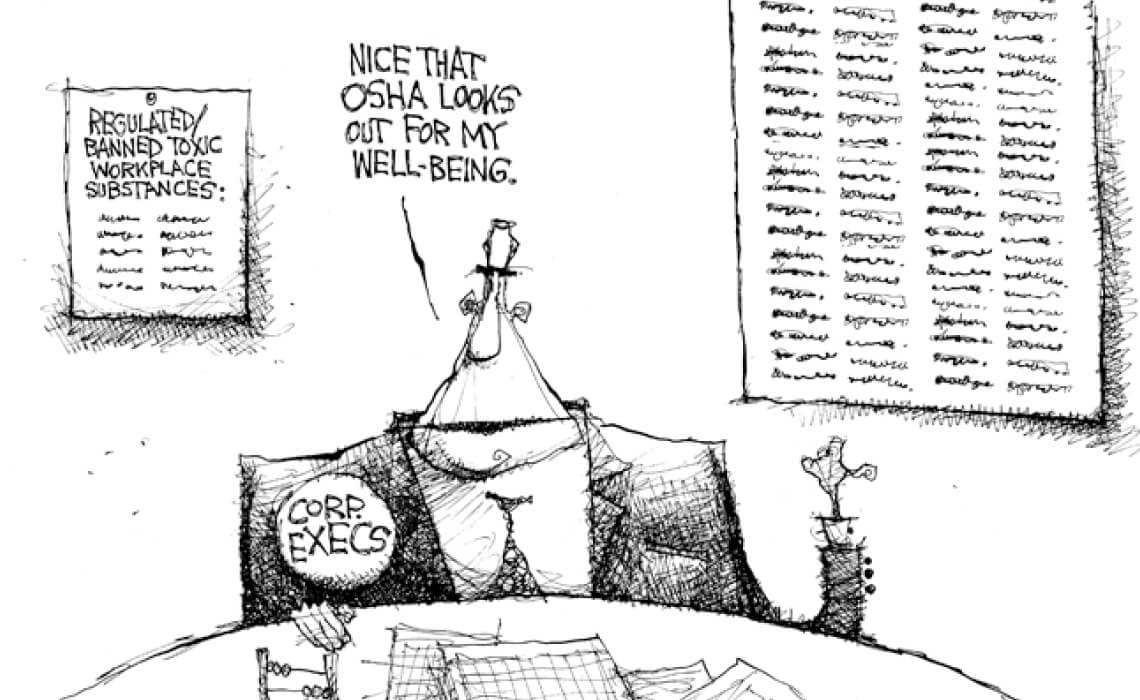Original reporting

Data viz tools show increasing big bank share over time
Remapping Debate translates 18 years of FDIC data into interactive form; top 5 banks viewable within and across sectors.
Can the anti-inflation reflex be tamed?
With the economy stalled and unemployment high, will the Federal Reserve shake off old habits and craft policy built to meet current circumstances?
Coming Boomer pension cuts: what impact on economy?
Ultimate loss to retirees may in long-term top $40B annually, potentially curbing consumer spending.